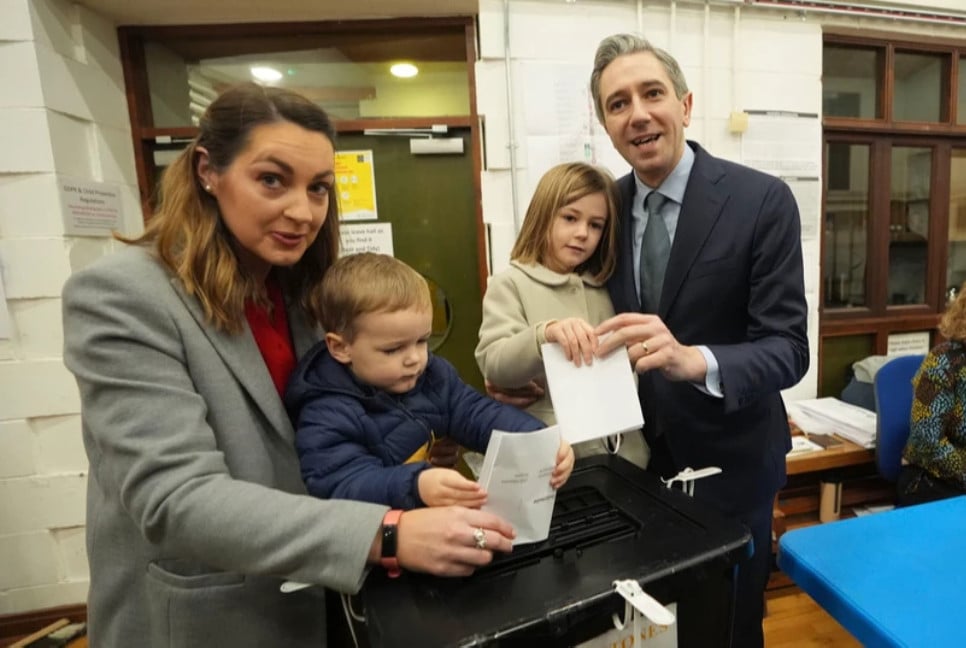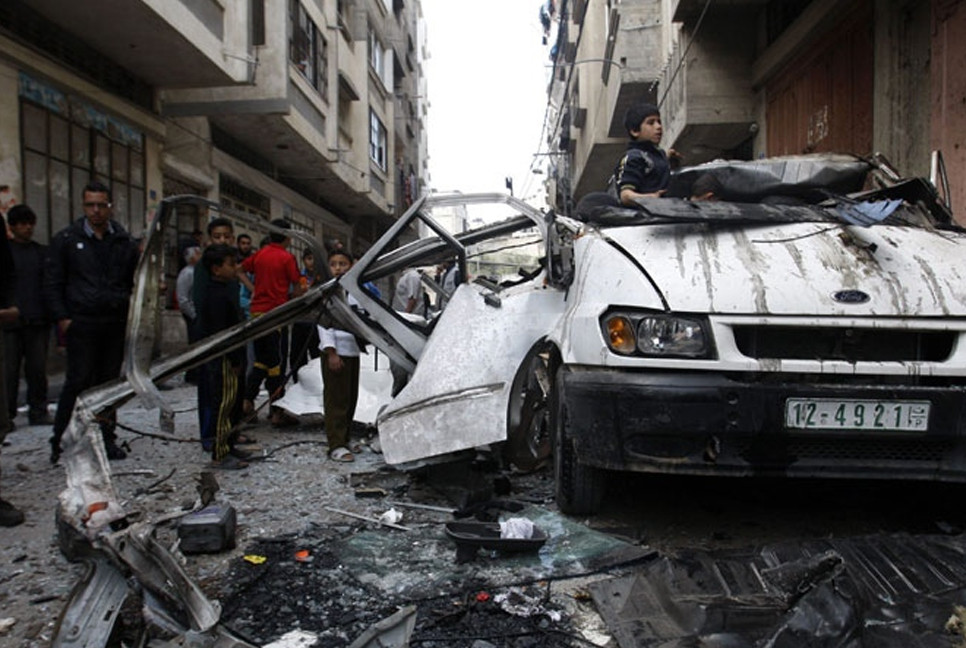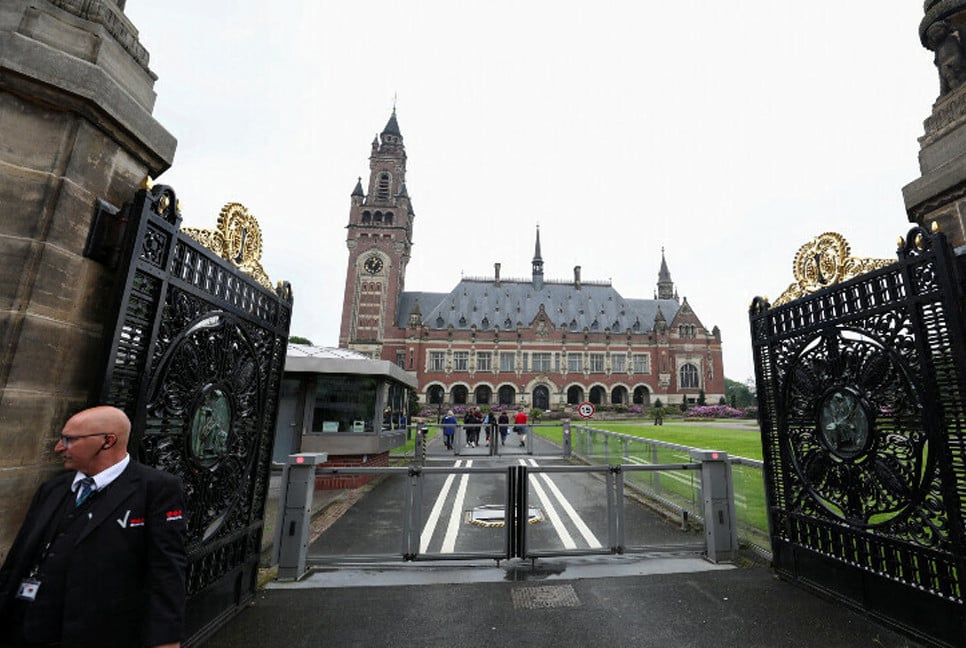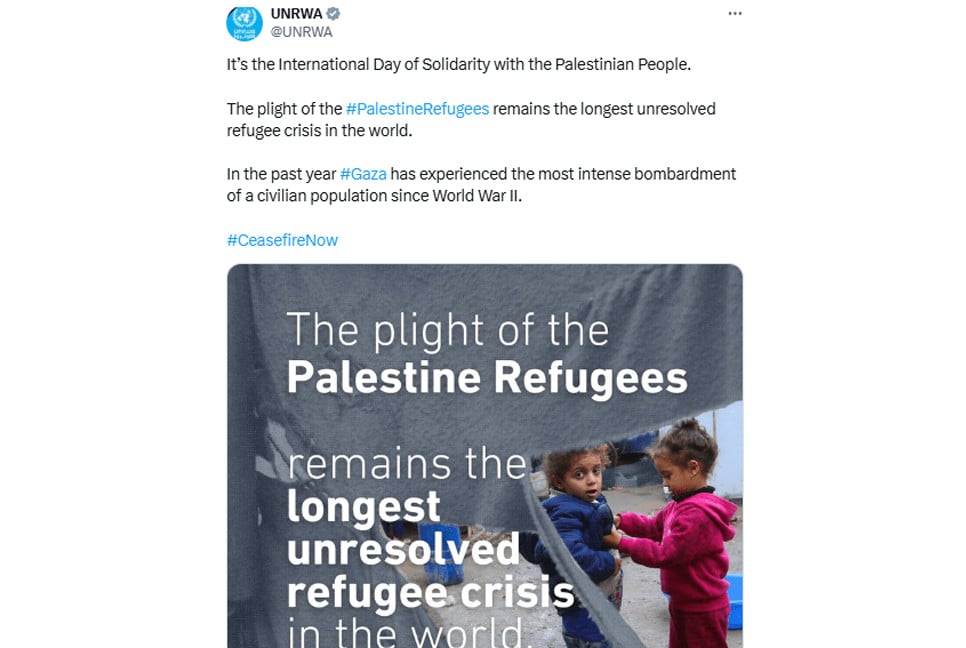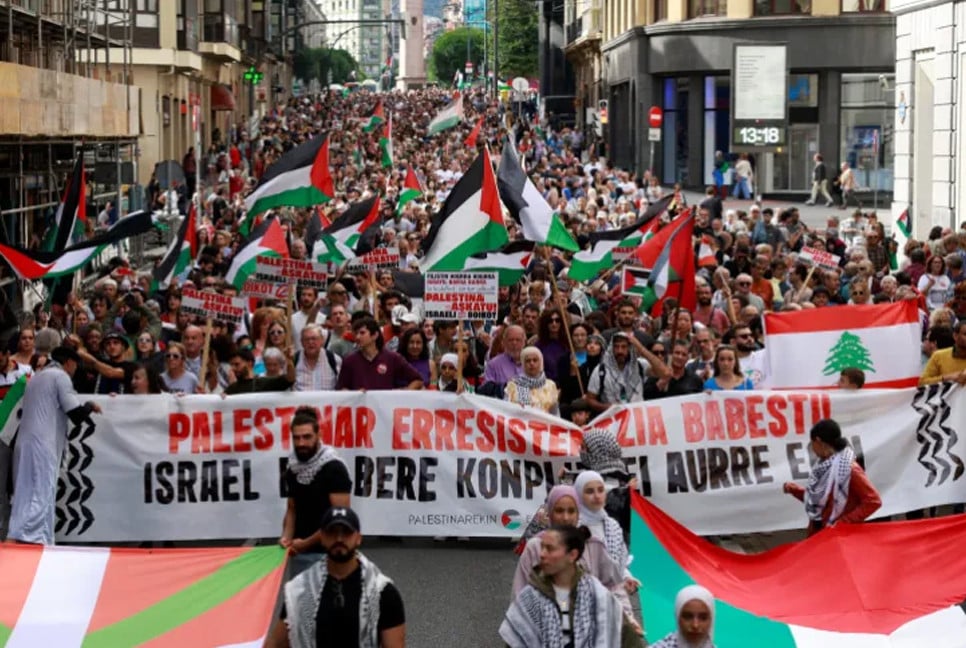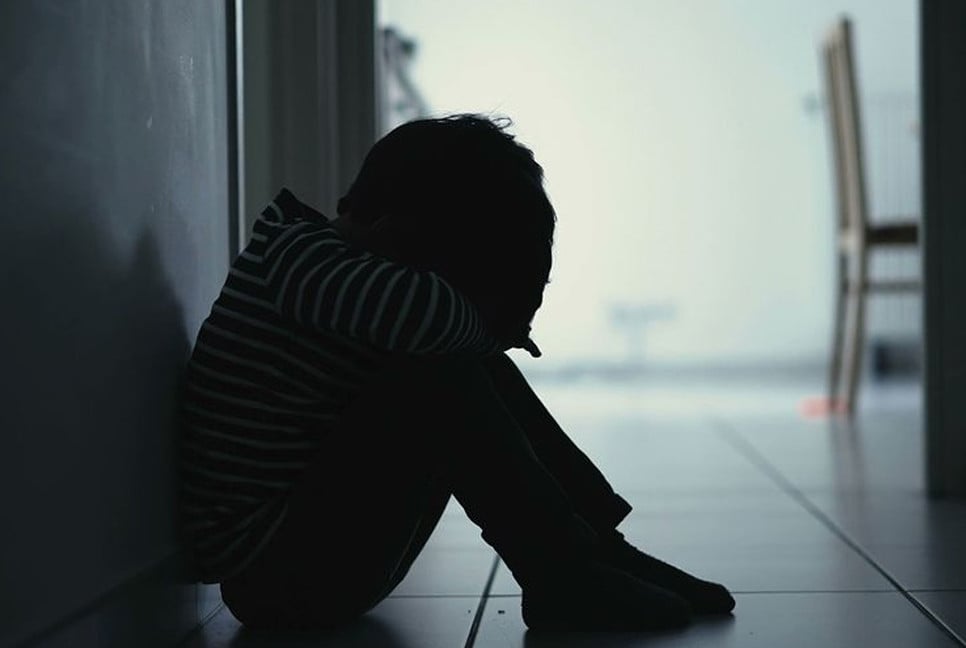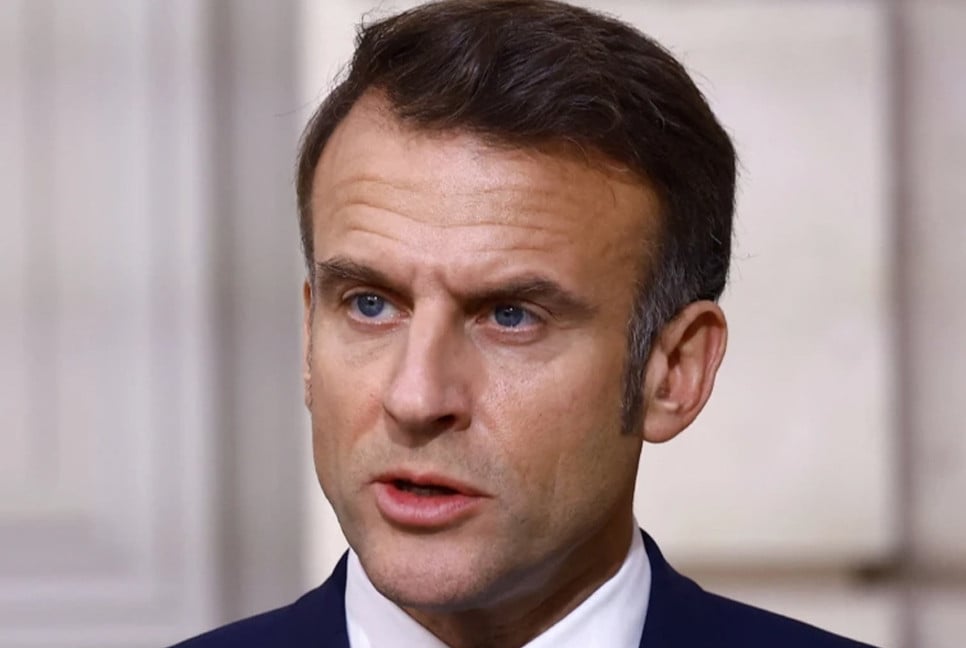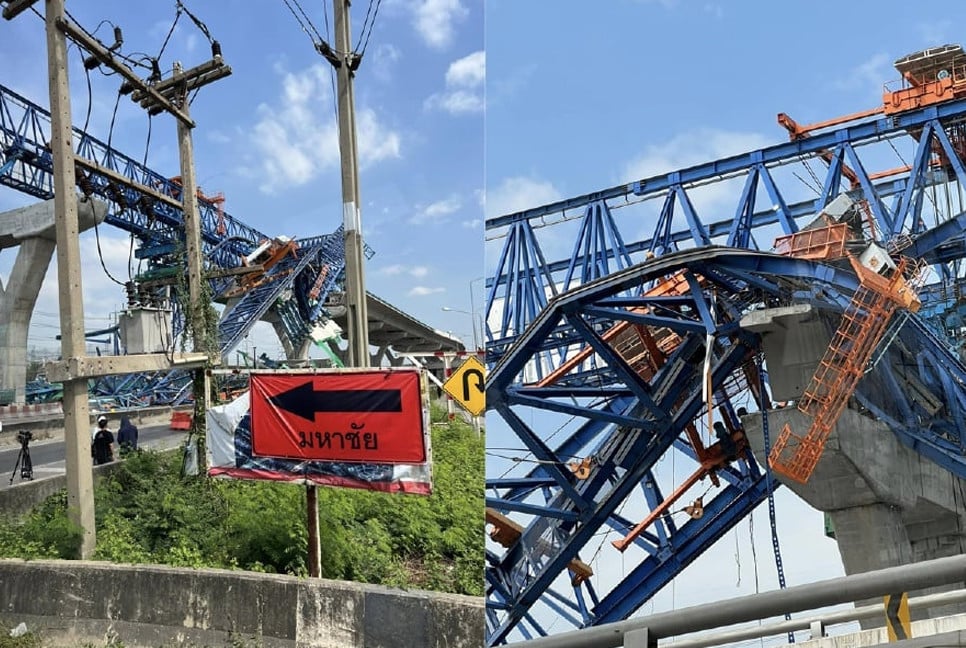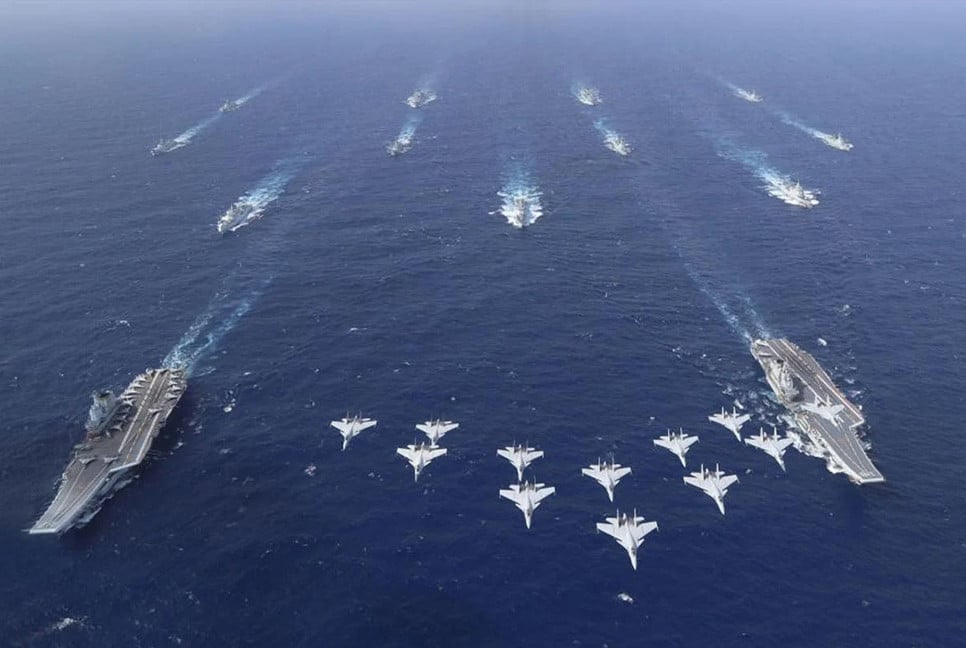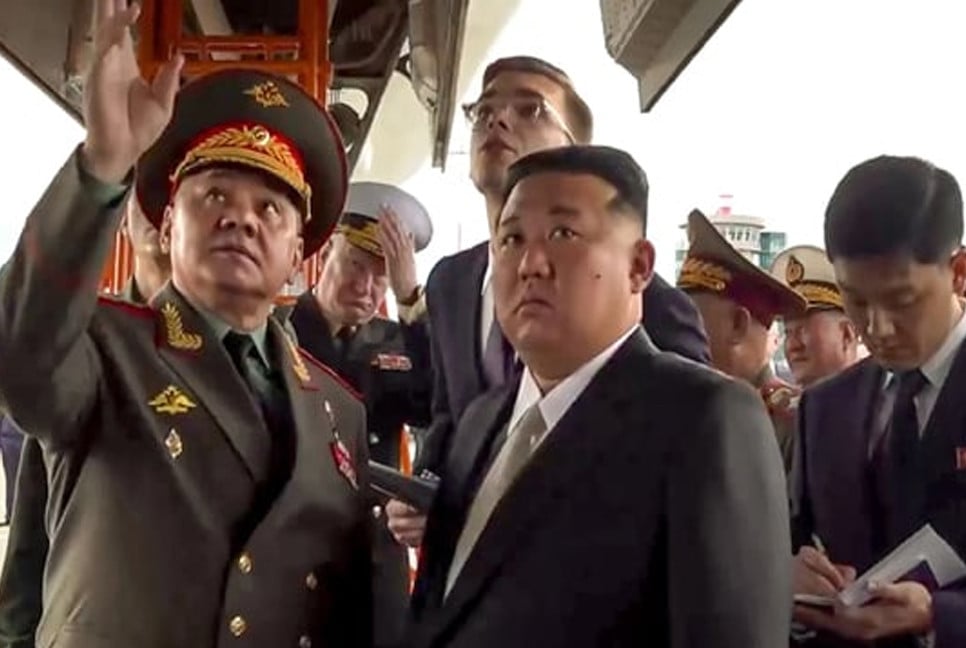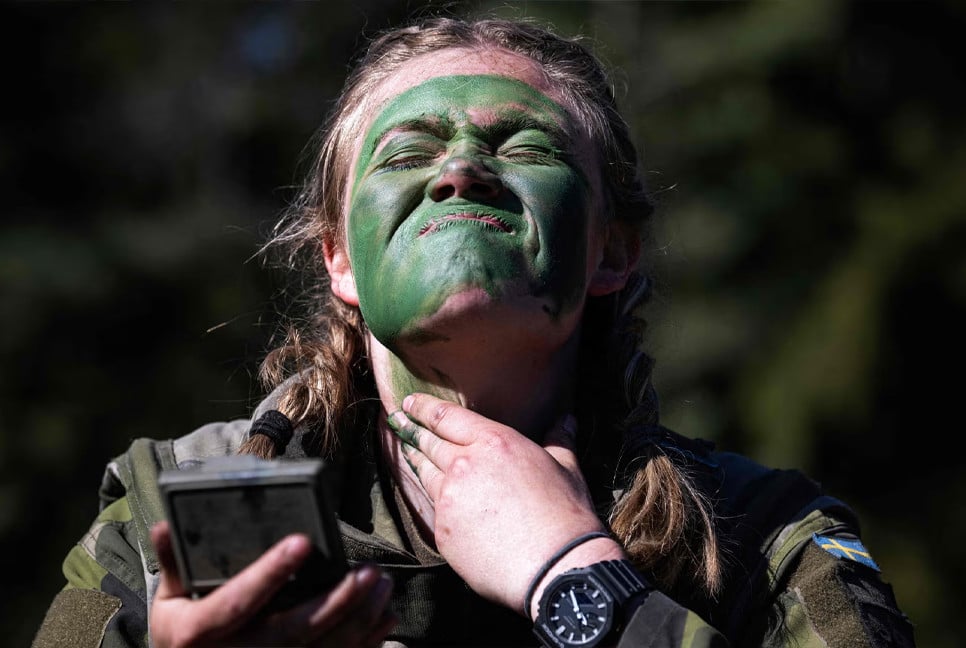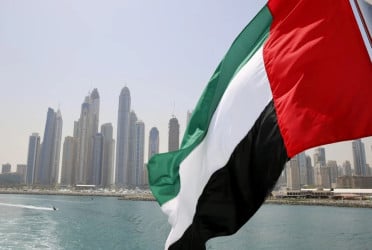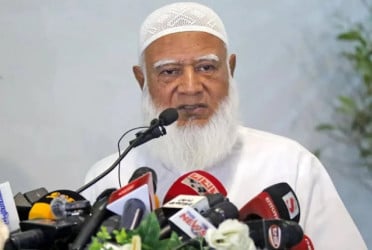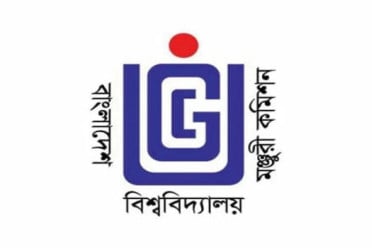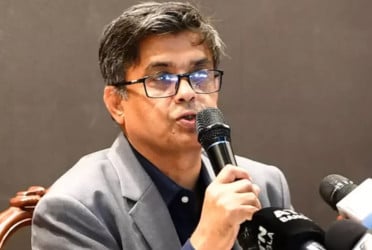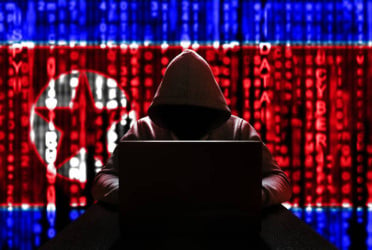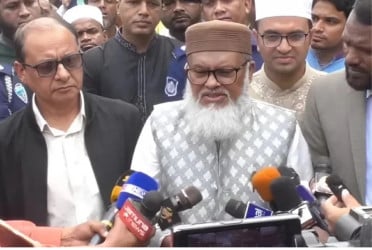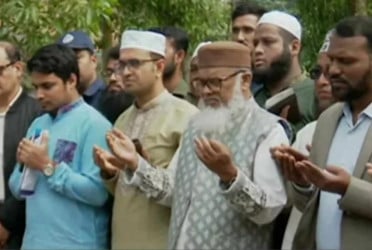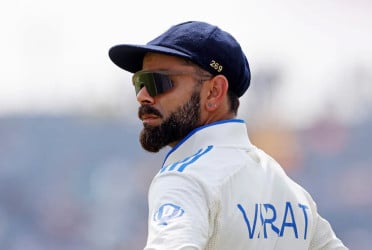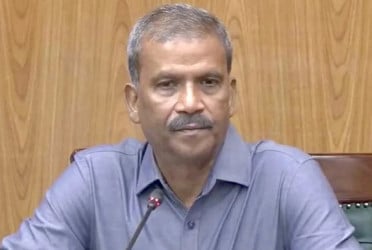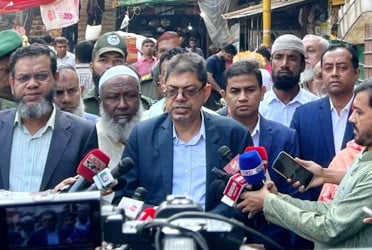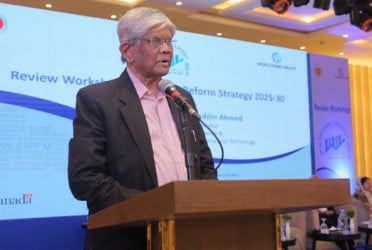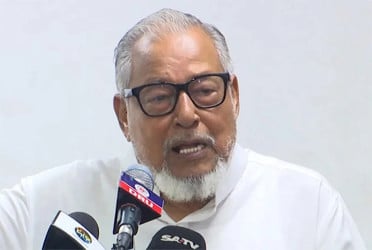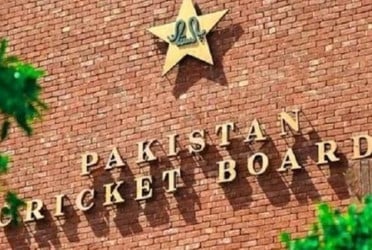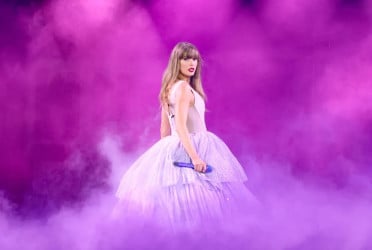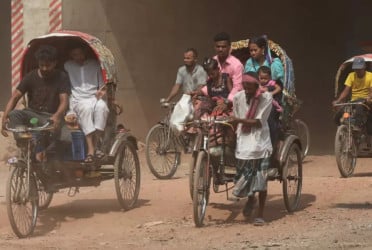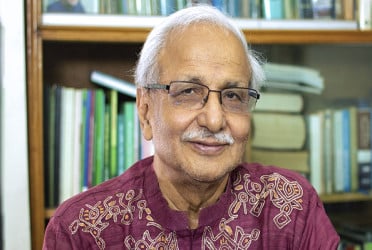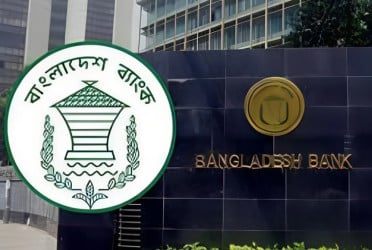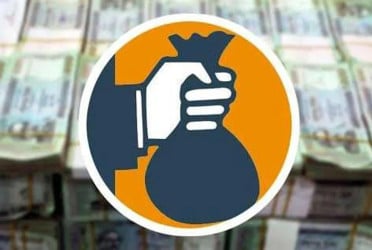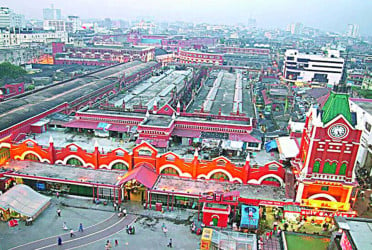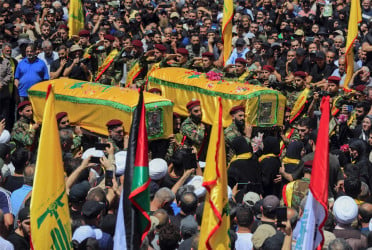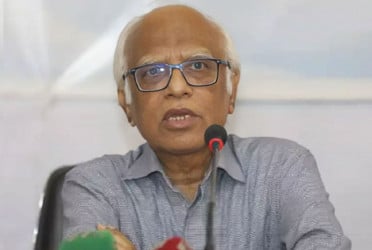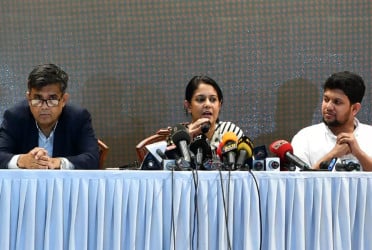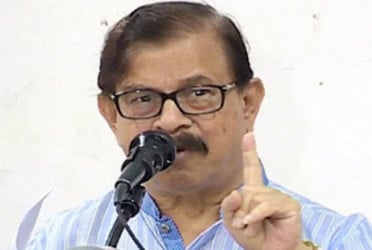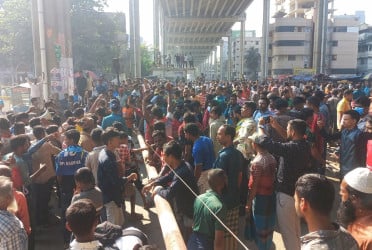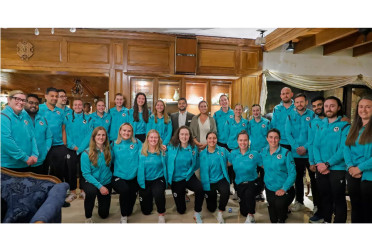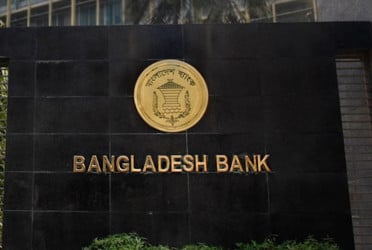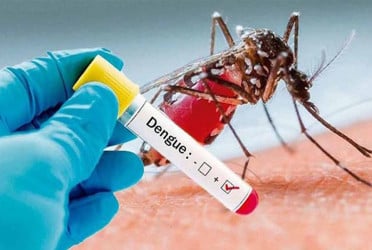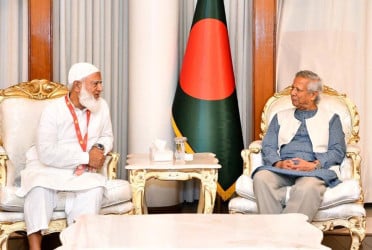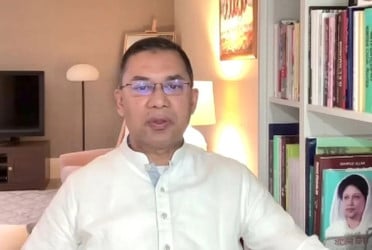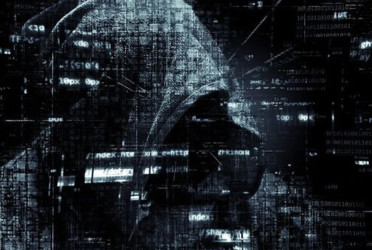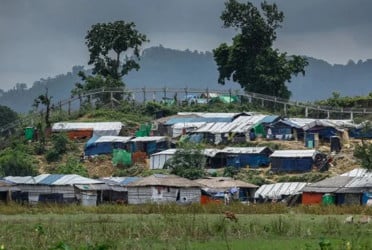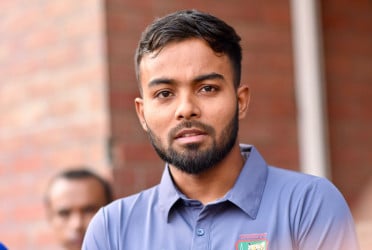Ireland is holding a closely contested parliamentary election on Friday, a pivotal vote that will determine the country’s next government and reveal whether Ireland will follow the global trend of ousting incumbents amid voter dissatisfaction driven by years of pandemic challenges, international instability, and cost-of-living crises, reports AP.
Polling stations opened at 7 a.m. (0700 GMT), and Ireland’s 3.8 million eligible voters are selecting 174 lawmakers for the Dáil, the lower house of parliament.
The Parties and Candidates
The outgoing government comprises Fine Gael and Fianna Fáil, two centrist-right parties that have dominated Irish politics for a century. Despite their rivalry—rooted in opposing sides of Ireland’s 1920s civil war—the parties joined forces after the 2020 election ended in a deadlock. They formed a coalition, sharing Cabinet positions and rotating the role of Taoiseach, or prime minister. Fianna Fáil leader Micheál Martin served as Taoiseach for the first half of the term before handing over to Fine Gael’s Leo Varadkar in December 2022. Varadkar later stepped aside in March, making way for Simon Harris to assume the role, it said.
Meanwhile, Sinn Féin, an opposition party, made historic gains in the 2020 election by winning the popular vote but was excluded from government as Fine Gael and Fianna Fáil refused to collaborate with it. The refusal stemmed from Sinn Féin’s leftist policies and historic association with the Irish Republican Army during the Northern Ireland conflict.
Under Ireland’s proportional representation voting system, each of the 43 constituencies elects multiple representatives, allowing smaller parties and independent candidates with strong local followings to secure seats. This year’s election features an unusually large number of independent candidates, ranging from local activists to far-right figures and even reputed crime boss Gerry “The Monk” Hutch, the report said.
Key Campaign Issues
The soaring cost of living, especially housing, has dominated the election campaign. Ireland faces a severe housing shortage, a consequence of underbuilding during the 2008 financial crisis and prioritization of commercial developments during the subsequent economic recovery.
“There was no building during the crisis, and when the crisis receded, offices and hotels were built first,” said John-Mark McCafferty, CEO of the housing charity Threshold. The result is skyrocketing house prices, rising rents, and increasing homelessness. McCafferty noted that Ireland has financial resources, including €13 billion ($13.6 billion) in back taxes owed by Apple following a European Union ruling, but must address “big historic infrastructural deficits.”
Immigration has also emerged as a contentious issue. Ireland, long characterized by emigration, has recently seen an influx of asylum seekers, including more than 100,000 Ukrainians and thousands fleeing poverty and conflict from the Middle East and Africa. The country’s 5.4 million population has struggled to accommodate these arrivals, leading to makeshift camps and protests.
Although Ireland lacks a major far-right party, anti-immigration sentiment is growing, with some independent candidates campaigning on the issue. This shift has reportedly dented support for Sinn Féin, as some working-class voters express discontent with its pro-immigration stance.
Election Outlook
Opinion polls indicate voter support is divided across five main groups: Fine Gael, Fianna Fáil, Sinn Féin, smaller parties, and independents. Fine Gael has faced campaign missteps, while Fianna Fáil has held steady, and Sinn Féin claims to have momentum. However, Sinn Féin’s path to power remains unlikely unless other parties reverse their opposition to collaborating with it.
Analysts predict another coalition government led by Fine Gael and Fianna Fáil, potentially joined by a smaller party or independent lawmakers.
“It’s just a question of which minor group is going to support the government this time,” said Eoin O’Malley, a political scientist at Dublin City University. “Coalition-forming is about putting a hue on what is essentially the same middle-of-the-road government every time.”
Results Timeline
Polling stations close at 10 p.m. (2200 GMT), with an exit poll expected shortly afterward. Official ballot counting begins Saturday morning, but final results may take several days. Forming a government could take weeks.
Harris, casting his vote in Delgany, south of Dublin, remarked on the complex electoral process, saying: “We’ve got a long few days ahead of us. The beauty and complexity of our system mean tonight’s exit poll won’t even tell us the full story.”
bd-pratidin/Rafid

